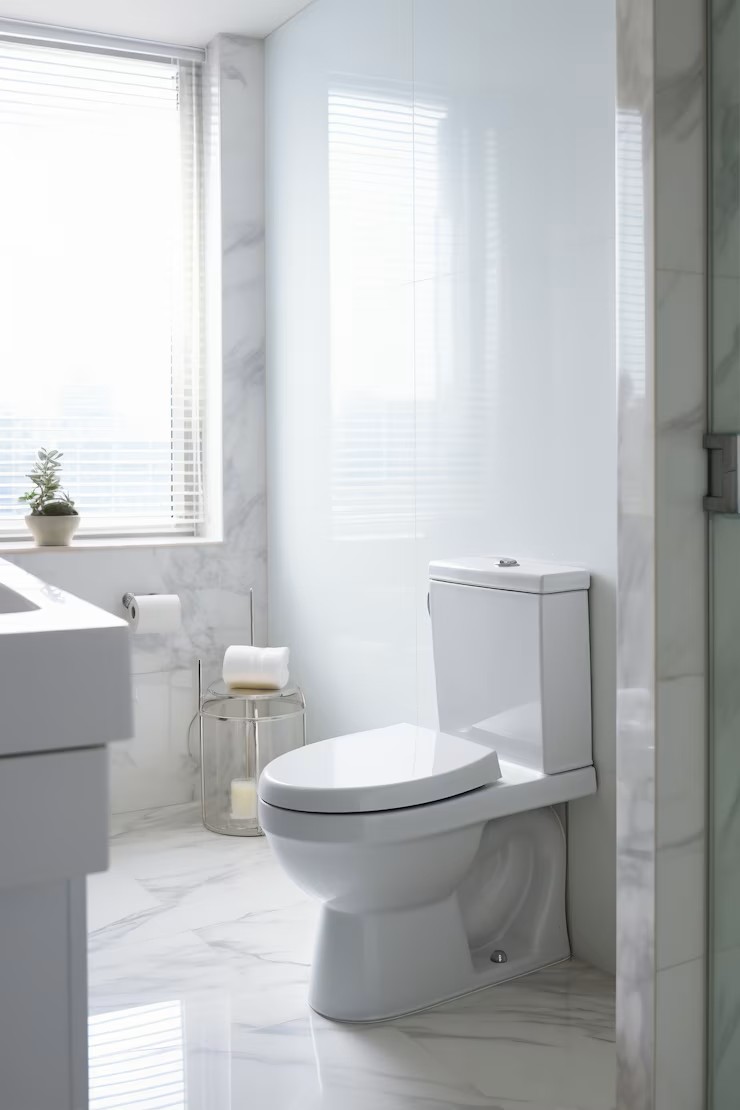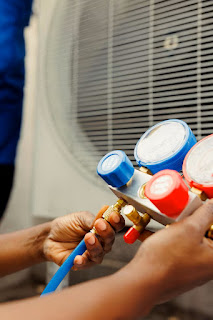Summer Electricity Costs in Taiwan: Why Your Bill Is So High and How to Cut It Down
As summer arrives in Taiwan, so does the seasonal electricity pricing system, which spans four months starting in June. While unit electricity prices remain unchanged, the tiered rate structure can cause households to unknowingly cross into higher-cost brackets—resulting in significantly inflated bills.
According to Taiwan Power Company (Taipower), the average household consumes 428 kWh during summer months, incurring an average bill of NT$1,079, up from NT$601 during non-summer months. The issue isn’t electricity prices rising—it’s excessive and inefficient consumption, often without awareness.
The Real Energy Drainers Aren’t Always the Obvious Ones
While air conditioners are major electricity consumers, research shows that “standby” appliances like Wi-Fi routers, TV set-top boxes, microwave clock displays, and robotic vacuum docks are stealthy energy thieves. Even when not actively in use, these devices continue to draw power 24/7.
Taipower and ITRI report that standby power accounts for approximately 7.4% of a household's electricity usage—potentially increasing bills by 10% without the homeowner realizing it.
8 Practical Habits to Reduce Your Electricity Bill by up to NT$4,000:
-
Avoid prolonged use of the dehumidifier mode on AC units; use “sleep mode” instead.
-
Limit refrigerator door openings and keep it 70% full for optimal cooling efficiency.
-
Replace outdated storage water heaters with on-demand or gas models.
-
Use fans to circulate cool air and reduce air conditioner load.
-
Clean air conditioner filters monthly to maintain efficiency.
-
Set AC temperature between 26–28°C; lower temperatures drastically increase energy use.
-
Avoid frequent on/off cycles of your AC—this strains the compressor and wastes energy.
-
Maximize natural ventilation during early morning and evening hours.
Leverage Smart Tools to Optimize Usage
Over 3.5 million households in Taiwan are now equipped with AMI smart meters, which feed into the Taiwan Power App. This allows users to visualize daily energy usage by appliance category and receive personalized conservation tips.
For households without smart meters, Wi-Fi-enabled smart plugs can be a game-changer. These devices monitor real-time consumption of individual appliances, help schedule operation times, and prevent unnecessary standby power usage.
Investing in smarter habits and energy-efficient appliances not only reduces summer utility costs but also promotes sustainable living.



Comments
Post a Comment